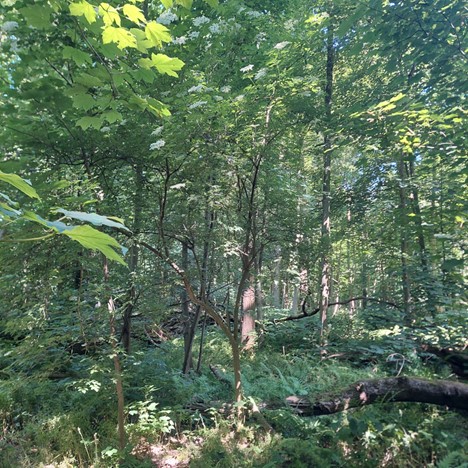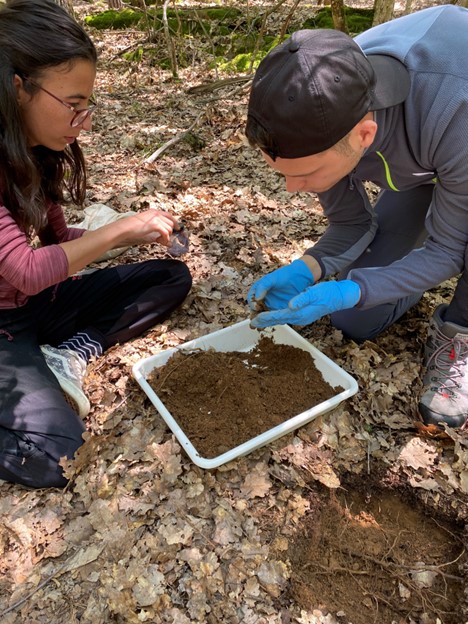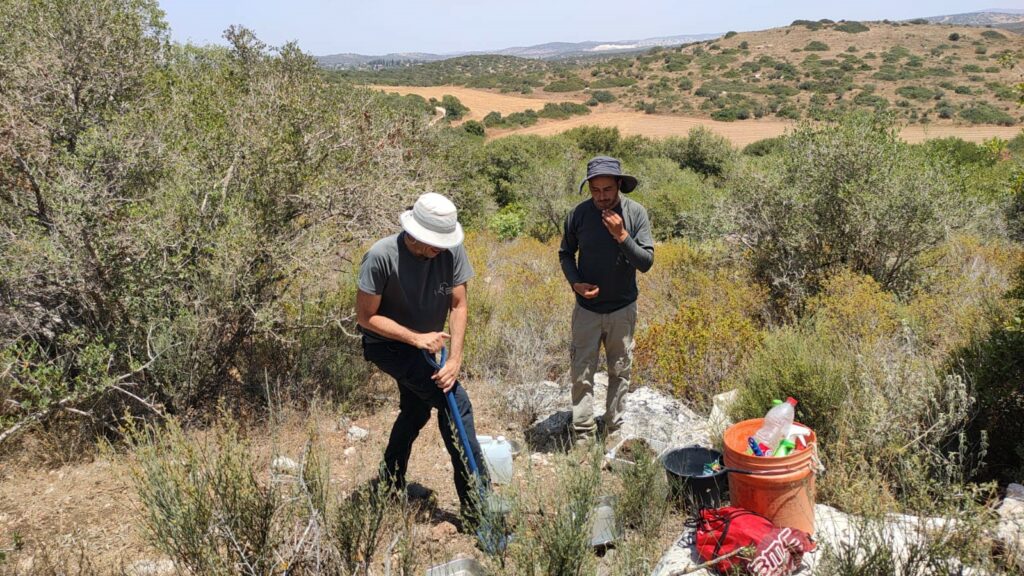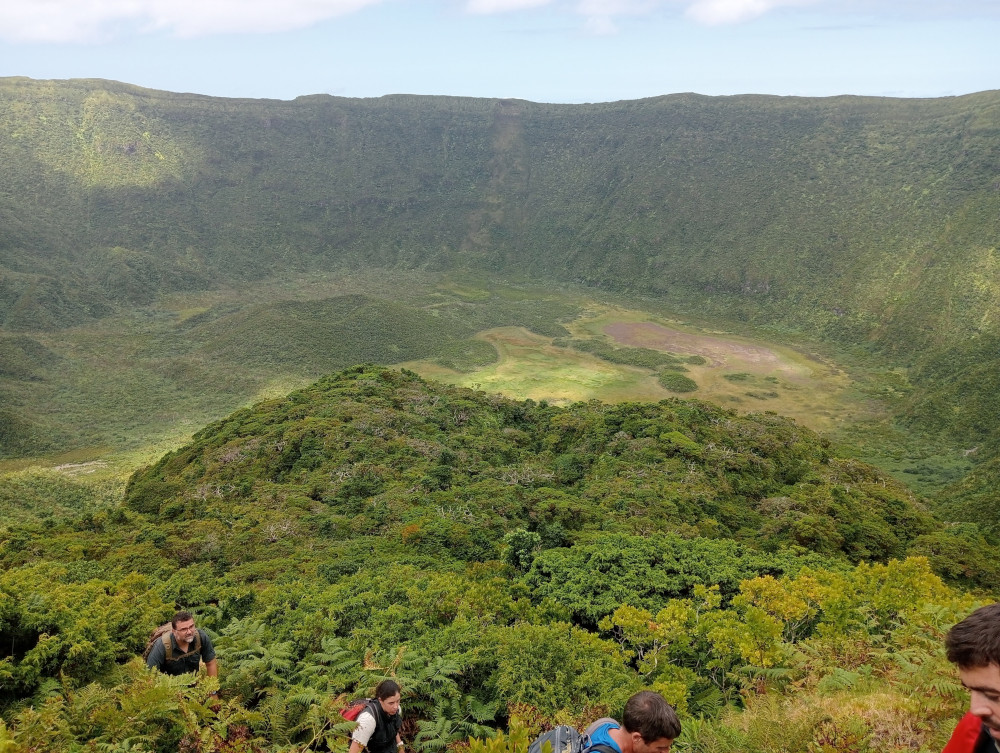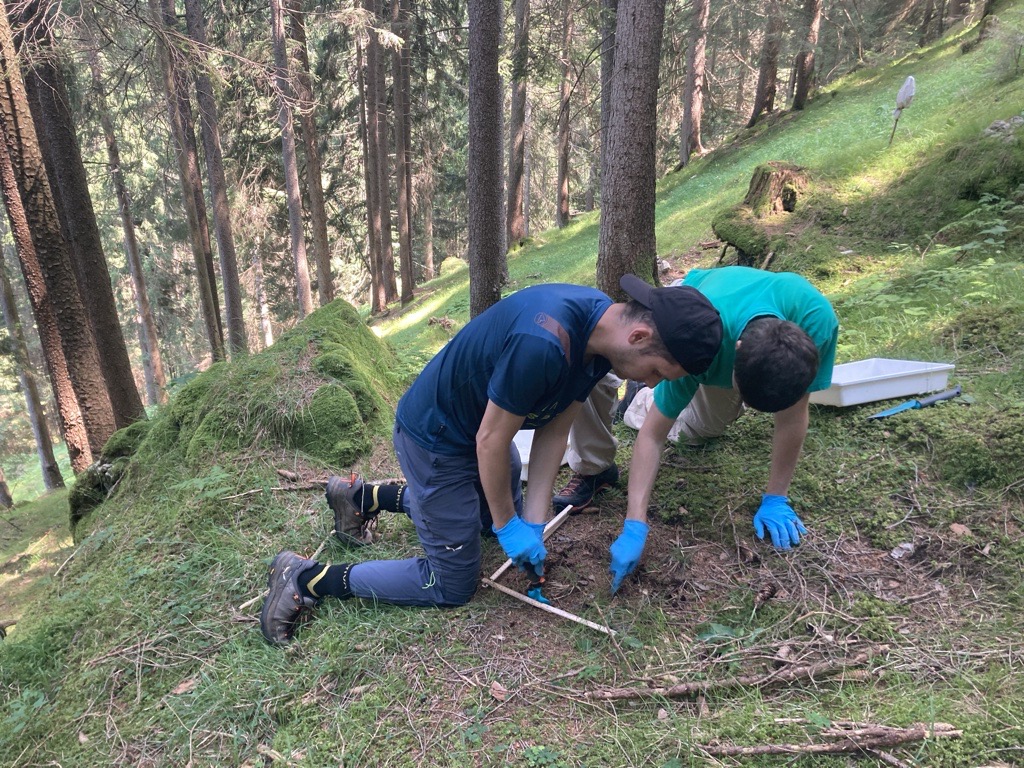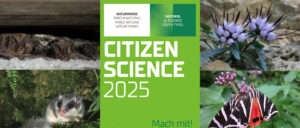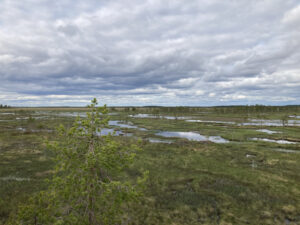Biodiversa+ is a partnership consisting of over 80 European and non-European partners. The common goal is to research biodiversity and create a basis for its conservation and promotion. A particular focus of the partnership is the harmonization of European standards in the field of biodiversity monitoring. To this end, a series of pilot studies have been launched within the partnership, in which biodiversity is being recorded in various partner countries using innovative methods in some cases. The pilot study on soil biodiversity in semi-natural forests is being coordinated by Eurac Research (as a third party of the Autonomous Province of Bolzano-South Tyrol) under the leadership of Julia Seeber. A total of ten countries and regions are involved – from the Azores to Germany, Sweden, Turkey and Israel. All European soil samples are collected in Bolzano and are then processed on site or sent for further analysis and determination. Five locations in South Tyrol are also sampled.
Project description and objectives
According to a recent study, soils are home to almost 60 % of known species. Many more species, especially microbial species, remain to be discovered. However, standardized long-term data are lacking and little is known about how soil organisms are affected by global change. Nor do we know how changes in community composition will affect ecosystem processes.
This pilot project is intended to provide a basis for a future transnational monitoring program. It aims to test traditional morphological (barber traps, hand sorting of soil samples) and molecular (DNA-based) methods and compare their results. In addition, an image-based biomass analysis (Biodiscover, Aarhus University) will be tested to improve innovative approaches to quantify soil biodiversity.
Based on the results of the project and feedback from the partners, the protocols will be optimized to improve their efficiency and applicability. The results of this pilot project will be translated into recommendations for a transnational monitoring system. Such a monitoring system can help to monitor and protect soil biodiversity in the long term by providing standardized methods and protocols that can be applied in different countries and regions.
Sites and methods
In each participating country, a total of five sites in semi-natural forests are investigated. Many sites are located in Natura 2000 areas or are otherwise protected. The forest types studied are extremely diverse, ranging from warm-toned holm oak forests in Israel, Turkey and France to various oak and beech forest types in Central European countries and boreal pine forests in Sweden. In South Tyrol, two spruce forests, two Swiss stone pine forests and a sub-Mediterranean hop hornbeam forest are being studied. The sites are located in the Schlern-Rosengarten Nature Park, on the Latemar, in the Mühlwalder Valley and in the Montiggler Forest.
The pilot project includes both field and laboratory work. In the field, traditional methods are used to record soil biodiversity, including barber traps and hand sorting of soil bricks. These methods make it possible to identify a large number of soil-dwelling invertebrates in the laboratory at family and sometimes species level. In addition, soil samples for eDNA analyses (environmental DNA) are taken at the study sites. This molecular method can be used to identify groups and species that are difficult to identify using traditional methods. In addition, abiotic soil analyses are carried out in the laboratory.
Partners:
Belgium, Denmark, France, Germany, Israel, Portugal (Azores), Slovakia, Sweden, Turkey.
Contact
Julia.Seeber@eurac.edu and Helene.Blasbichler@eurac.edu
